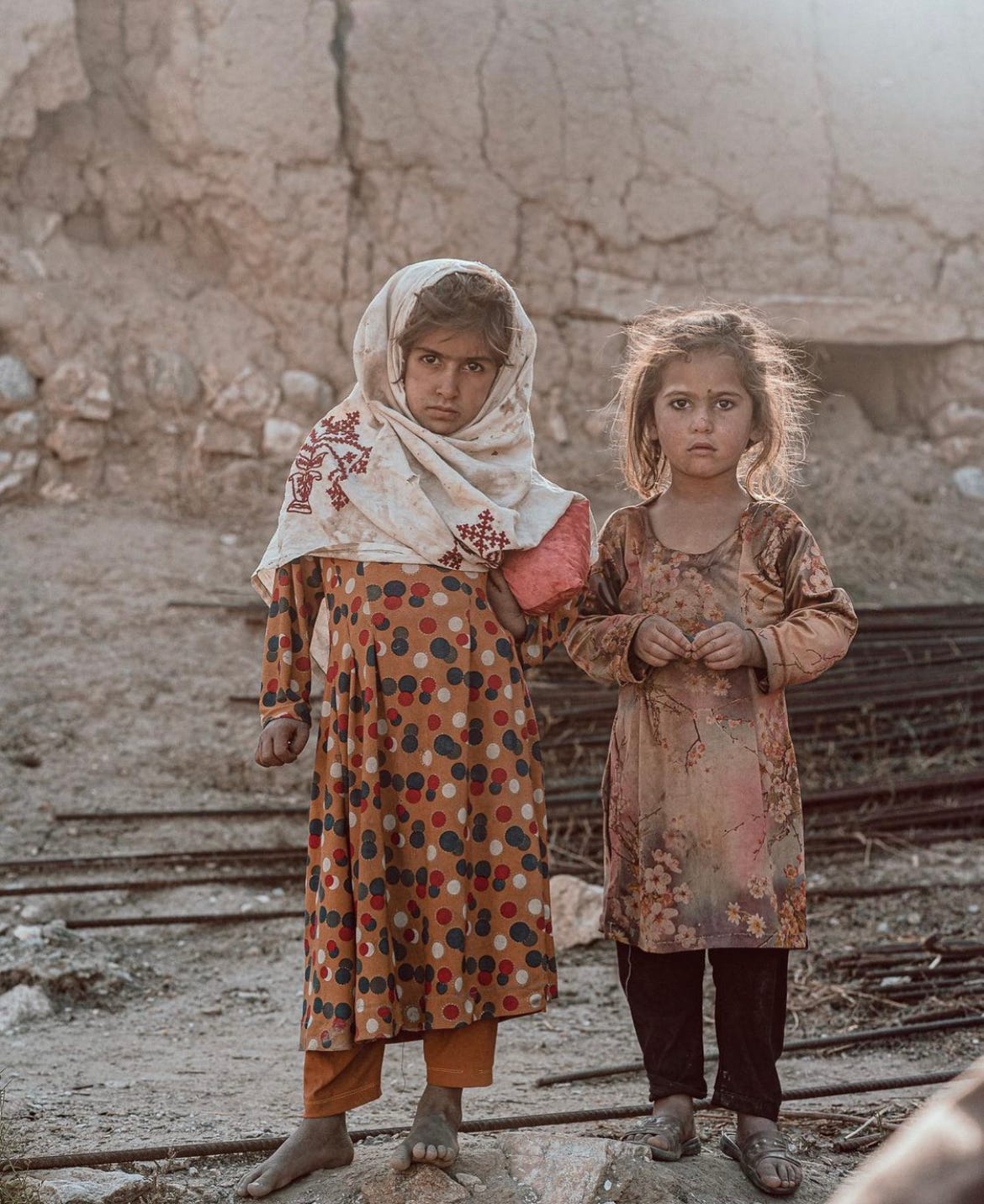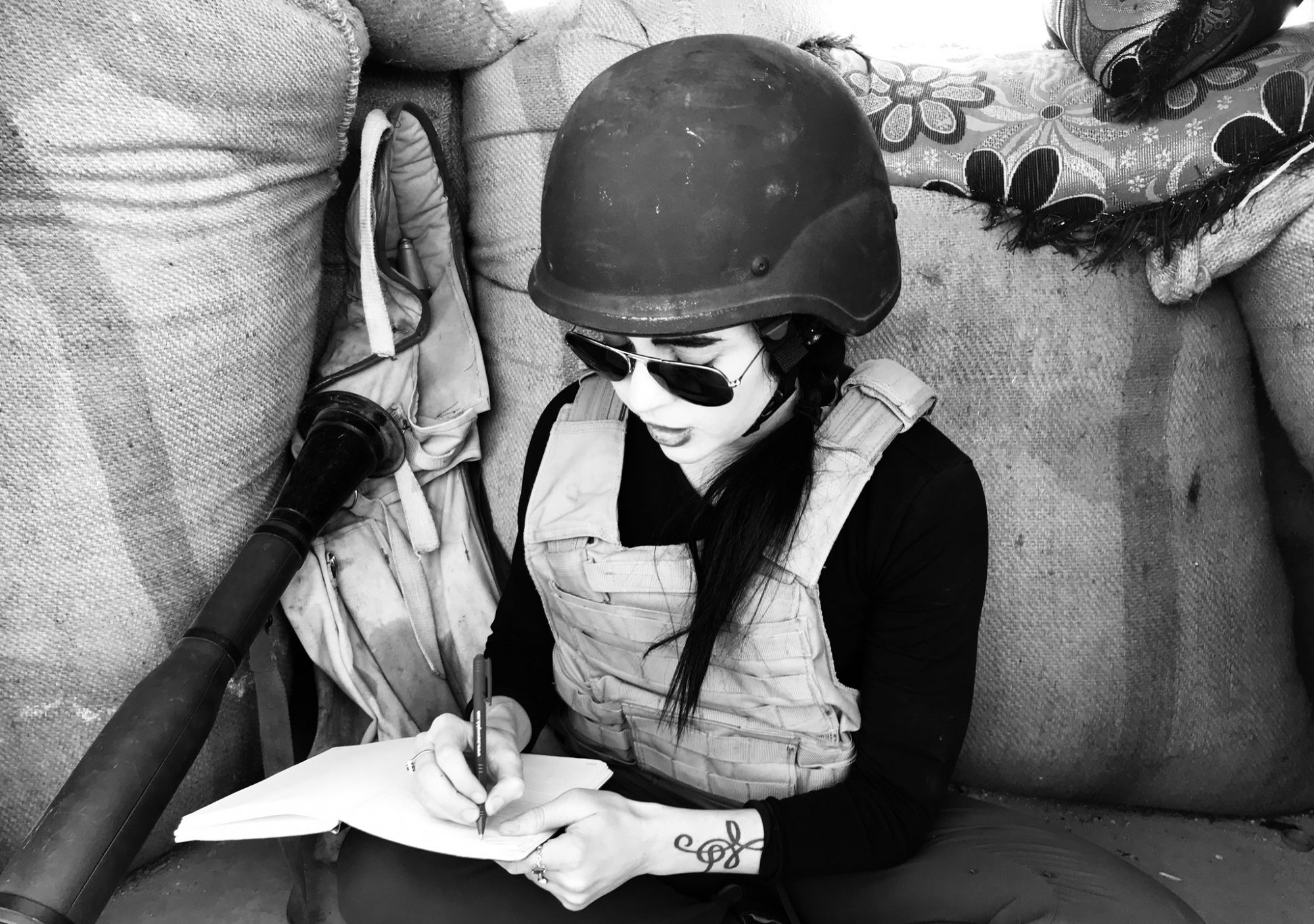
Order your copy of “Afghanistan: The End of the US Footprint and the Rise of the Taliban Rule”.
INTRODUCTION
Our world brims with entrancing, complicated places. But none that quite hold the heart and clutch the imagination like Afghanistan, which means “Land of the Afghans.”
It is a landlocked trove of timeworn beryl stones and hidden treasures, of dusty paths encrusted from the historic Silk Road, of black skies with stars that light up the serrated mountain ranges, and mud-walled homes where those with pinched faces and warm eyes eat by candles and moonlight.
Every child born in Afghanistan is a child who comes into life a victim of war. And every parent too often puts those they love most to sleep with the uncertainty that one or all may not rise to the shards of peeping pink light again.
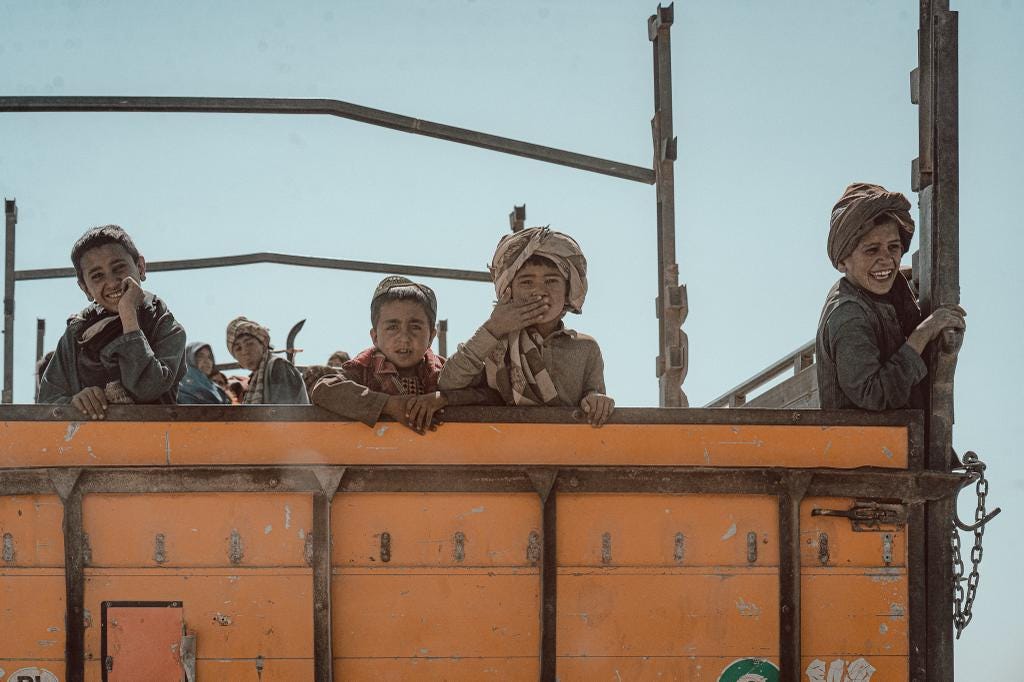
It is the place where we journalists venture and immediately fall in love with open Afghan hands, cracked by tireless work and unwavering hospitality. It is also the berth we go to have our souls shredded into a million pieces every time smoke plumes rise into the muggy sky from yet another bomb, or when a woman weeps from behind a sea-blue burka, unable to feed the baby in her arms.
Afghanistan embraces us and destroys us. Still, we cannot stay away from its gentle call. It is a nation that has long been burned and entombed by outside occupation, by conflict, by poverty, by its own past.
Afghanistan’s flaxen plains and clear blue skies have seen too much death. Too many men have taken their last breath crouched in trenches; too many mothers have gone to the market for honeyed sweets and never come home. Too many Afghans from too many sides have lost lives and limbs in battles of ideology, power, and land.
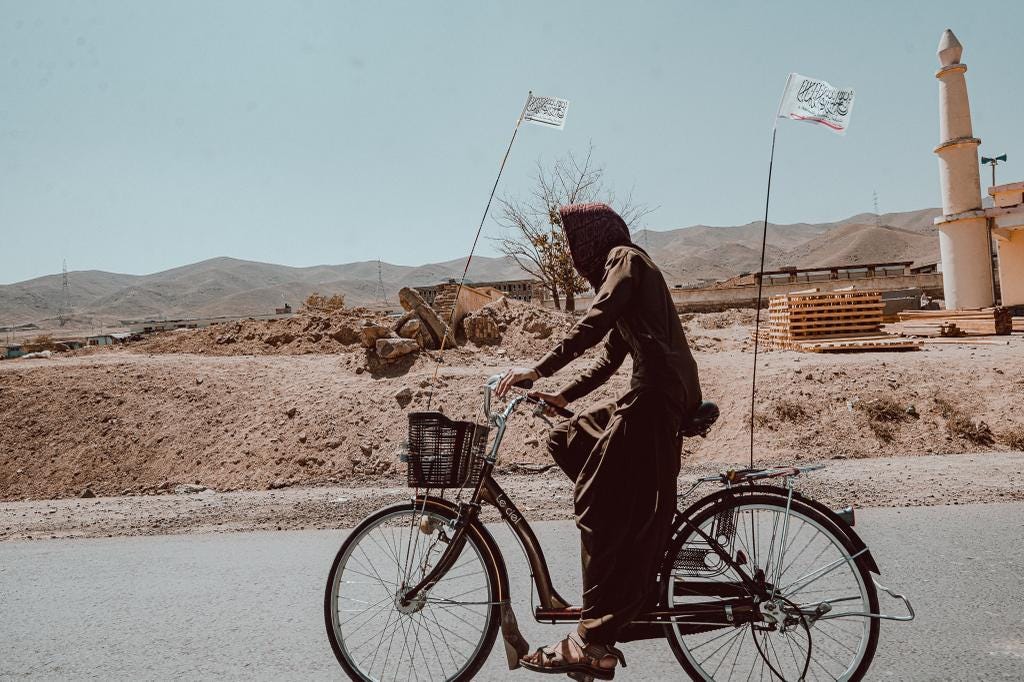
You can forget it is a beautiful country. A beautiful country beneath the bloodshed, stitched and ripped throughout decades of ceaseless conflict. Let us not forget that Afghanistan is also a country personified by survival, toughness, tender faces, and a zest for something better.
Curling around the famous Hindu Kush, Afghanistan remains one of the poorest places on the planet, yet so rich in its generosity. It is the snuggled land where strangers offer you their last piece of bread; lyrical souls guide you through the narrow, clay-caked streets; and time spent fantasizing of something better is always time well spent.
With the Taliban having suddenly resumed power on the sultry Sunday afternoon of August 15, 2021, there was an immediate kinesthesia of the old Afghan world passing and the new beginning with much trepidation and fear.
Nobody in Afghanistan really wants war. Yet war always waits in the grimy shadows of broken things.
Nobody can predict what will happen next.
But life, including the book of Afghan life, overflowing with chapters of loss, love, faith, and hope, goes on.
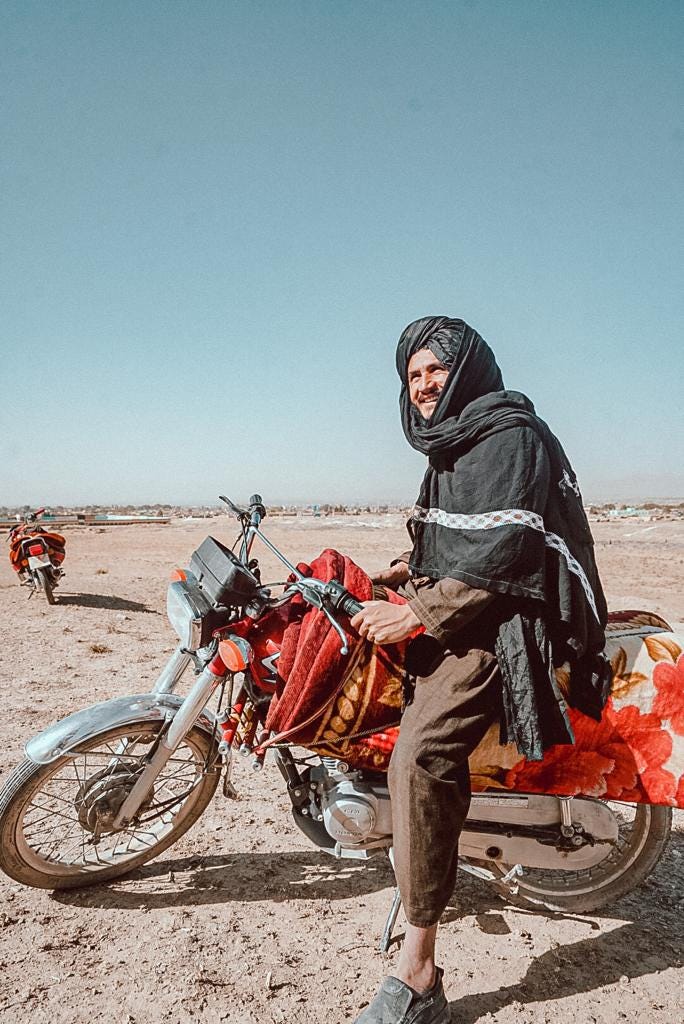
Throughout this collection, my photographer Jake and I take you on a journey through the country that has shaped our journalistic lives, has taught us what it is to suffer and what it is to overcome. We guide you through life in Afghanistan during the U.S. occupation, the dizzying government fall, the Taliban ascent amid the chaotic U.S. withdrawal, and into this new chapter being forcefully written by men from the mountains who wear their thick black turbans like crowns.
We accompany you across multiple provinces of Afghanistan in the immediate months after the Taliban, officially termed “The Islamic Emirate of Afghanistan,” took hold. There are the tender moments: the afternoons filled with children begging for soccer balls and screeching with delight through the antiquated village roads, the emerald lakes iced into absolute stillness, the devout absorbed in prayers on mats by the roadside, adhering the first call to prayer against hints of light behind the ridges.
Then there is the callous side, the war-wracked sentiment, the notion that a band-aid was ripped from the bullet wound. The fear for what comes next, the longing many Afghans have to leave, the unraveling humanitarian catastrophe, the hunger pains fused with the ache of abandonment.
With the Taliban at the helm, there is much we know, and much that we do not.
